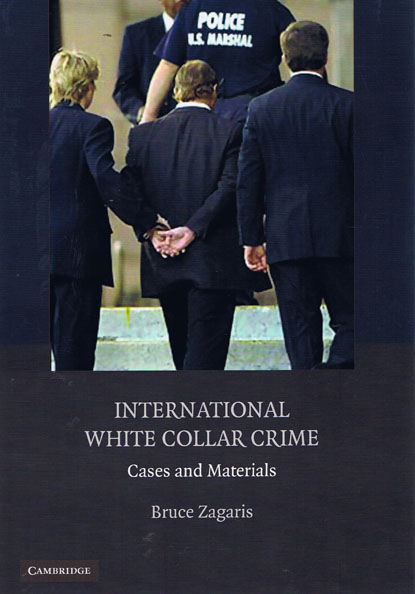
Contemporary transnational criminals take advantage of globalization, trade liberalization, and emerging new technologies to commit a diverse range of crimes, and to move money, goods, services, and people instantaneously for purposes of pure economic gain and/or political violence.
This book captures the importance of transnational business crime and international relations by examining the rise of international economic crime and recent strategies in the United States and abroad to combat it. The book is organized into three main sections.
The first part discusses substantive crimes, particularly tax, money laundering, and counter-terrorism financial enforcement; transnational corruption; transnational organized crime; and export control and economic sanctions. The second part discusses procedural aspects of international white collar crime, namely extraterritorial jurisdiction, evidence gathering, extradition, and international prisoner transfer.
The third part discusses the role of international organizations, including the United Nations, the World Bank Group, Interpol, and economic integration groups.